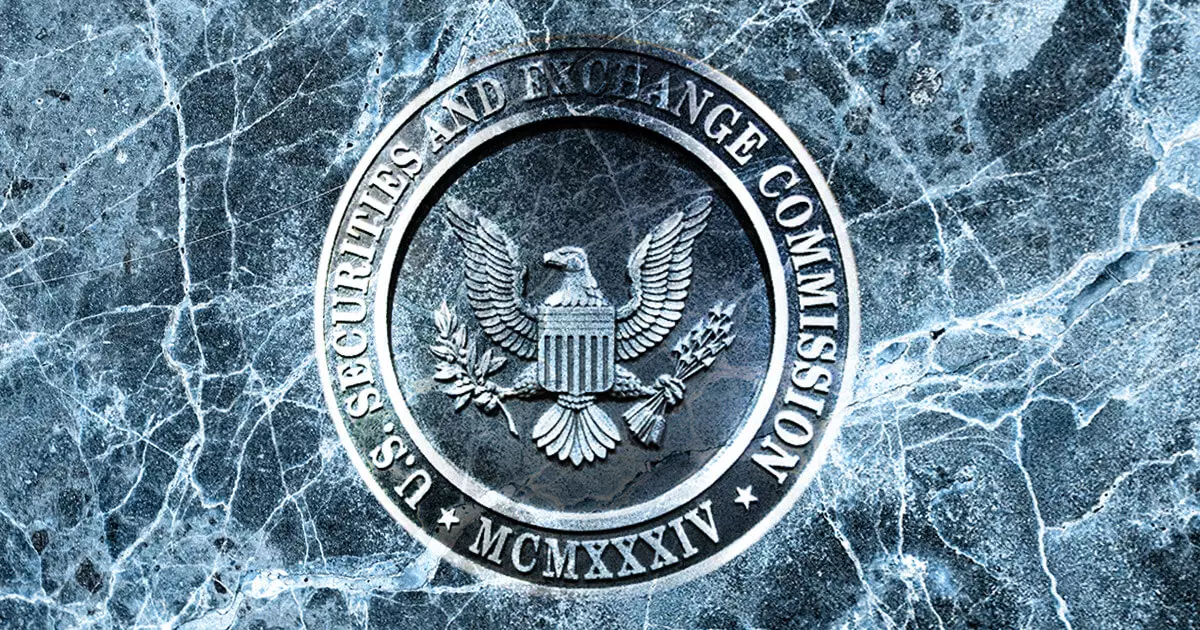In a recent speech at the Korea Blockchain Week 2024 event, US Securities and Exchange Commission (SEC) Commissioner Mark T. Uyeda raised a critical issue regarding the lack of specialized S-1 registration forms for digital asset securities. Uyeda emphasized the necessity of updating the SEC’s regulatory tools to better accommodate the unique features of digital assets. The current S-1 forms, which are essential for US issuers looking to offer new securities to the public, may not adequately capture the specific characteristics and complexities of digital asset securities. This regulatory gap poses a significant challenge for sponsors in the digital asset space, potentially burdening them with irrelevant or infeasible disclosure requirements.
A Call for Adaptive Regulation
Drawing on past experiences with other financial products, Uyeda suggested that a tailored approach to registration requirements could benefit digital asset securities. These assets often do not neatly fit into existing regulatory categories, necessitating a more adaptive framework that recognizes their distinct nature. Uyeda expressed concern that the current lack of specialized registration options could hinder innovation and investment in the digital asset industry. Without clear and consistent regulatory guidelines, sponsors and investors face uncertainty and legal challenges, as seen in recent disputes with major players like Ripple and Coinbase.
The ongoing regulatory uncertainty surrounding digital asset securities has been a major point of contention within the SEC. Industry players have called for reforms that provide greater clarity and support for the industry while protecting investors. Uyeda highlighted the importance of establishing clear and predictable rules to foster innovation and growth in the digital asset space. Without decisive action from the SEC, the industry risks being stifled by regulatory ambiguity and conflicting interpretations of federal law.
Uyeda also underscored the significance of taking into account international developments when crafting regulations for digital assets. Regions like the European Union, South Korea, and Japan have made strides in establishing regulatory frameworks for digital assets, providing valuable insights for the SEC. While Uyeda has advocated for regulatory reforms and new legislation to address the regulatory gaps in the digital asset space, these issues have not yet been prioritized in the SEC’s agenda under Chair Gary Gensler. With his term as commissioner extending until June 2028, Uyeda continues to push for a more inclusive and forward-thinking approach to regulating digital assets.
The urgent need for specialized S-1 registration forms for digital asset securities highlights the evolving nature of the industry and the challenges of adapting traditional regulatory frameworks to new financial technologies. As digital assets continue to gain prominence in the global economy, regulatory agencies like the SEC must proactively address these challenges to support innovation and protect investors in the rapidly changing landscape of digital finance.

